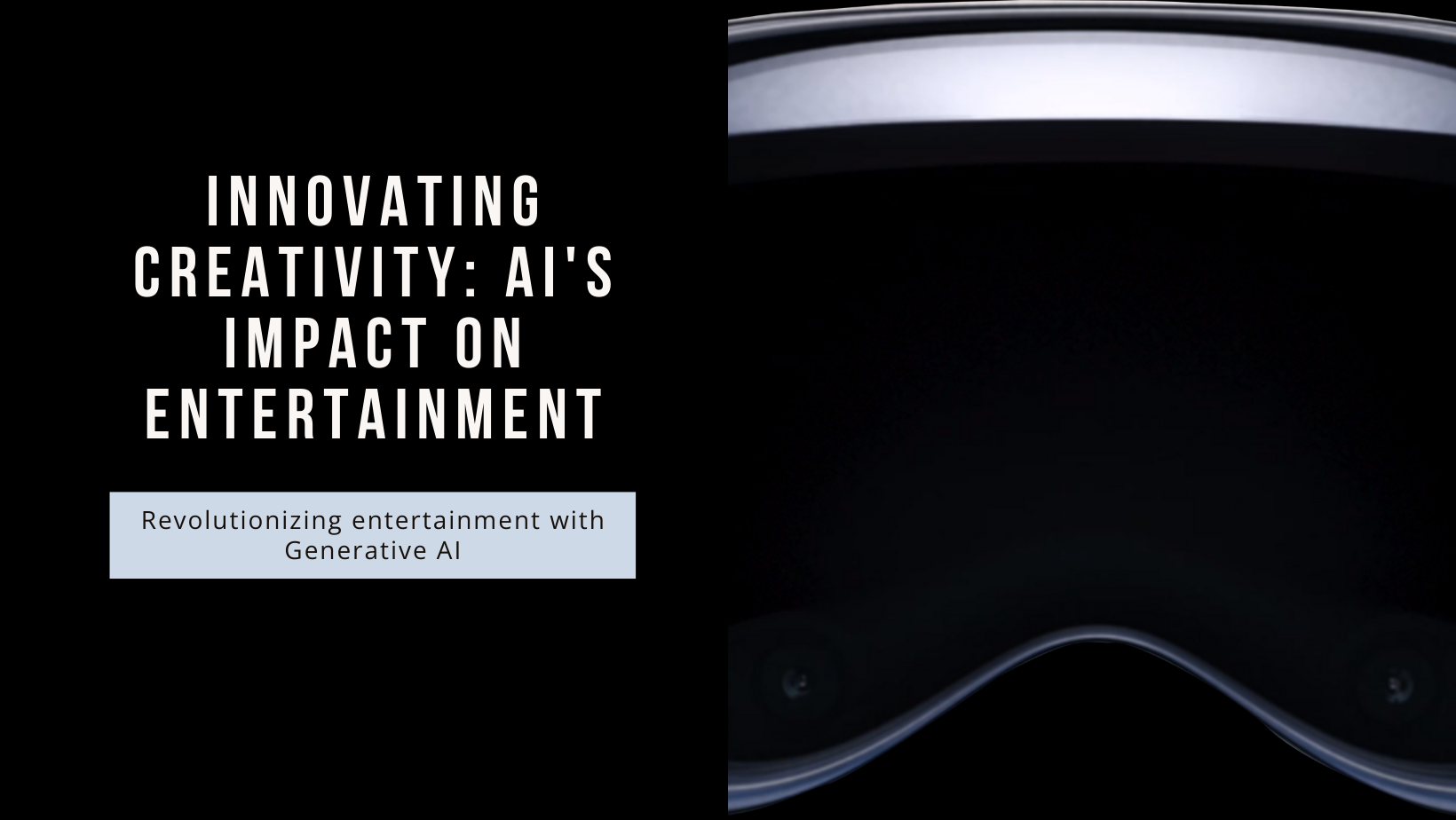Artificial Intelligence (AI) has emerged as a transformative force in modern business, reshaping industries by automating processes, enhancing decision-making, and personalizing customer experiences. Sodio Technologies delves into the profound impact of AI across different sectors, highlighting its applications, benefits, challenges, and future trends.
Understanding Artificial Intelligence (AI)
AI encompasses technologies that enable machines to perform tasks that typically require human intelligence, such as learning from data, recognizing patterns, and making decisions. Key AI techniques include:
- Machine Learning: Algorithms that learn from data and improve performance over time without explicit programming.
- Natural Language Processing (NLP): Enables machines to understand and generate human language, facilitating chatbots and language translation.
- Computer Vision: Empowers machines to interpret visual information from images or videos, supporting applications like facial recognition and image analysis.
Applications of AI in Modern Business
1. Automation of Routine Tasks
- Business Processes: Streamlines repetitive tasks in operations, finance, and administration through robotic process automation (RPA).
- Customer Support: Enhances efficiency with AI-powered chatbots for handling inquiries, troubleshooting, and personalized interactions.
2. Data-Driven Decision Making
- Predictive Analytics: Uses AI models to forecast trends, customer behavior, and market demands, guiding strategic decision-making.
- Risk Management: Improves risk assessment and mitigation strategies through AI algorithms analyzing vast datasets.
3. Personalization and Customer Experience
- Recommendation Engines: Delivers personalized product recommendations and content based on user preferences and behavior.
- Dynamic Pricing: Adjusts pricing strategies in real-time based on market conditions, competitor analysis, and customer demand.
Benefits of AI in Modern Business
1. Enhanced Efficiency and Productivity
- Process Optimization: Automates workflows and reduces operational costs, allowing employees to focus on higher-value tasks.
- Faster Insights: Accelerates data analysis and reporting, enabling timely decision-making and responsiveness to market changes.
2. Improved Customer Engagement
- Personalized Experiences: Tailors interactions based on individual preferences, increasing customer satisfaction and loyalty.
- 24/7 Support: Provides round-the-clock assistance through AI chatbots, improving accessibility and responsiveness.
3. Innovation and Competitive Advantage
- New Revenue Streams: Explores AI-driven innovations such as predictive maintenance, virtual assistants, and AI-generated content.
- Market Differentiation: Positions businesses ahead of competitors by leveraging AI for innovative products and services.
Challenges and Considerations
1. Data Privacy and Security
- Ethical Concerns: Addresses issues of data privacy, bias in AI algorithms, and ethical use of AI technologies.
- Cybersecurity: Implements robust security measures to protect AI systems and sensitive customer data from breaches and cyber threats.
2. Skills Gap and Training
- Talent Acquisition: Faces challenges in hiring skilled AI professionals capable of developing and managing AI applications.
- Employee Training: Invests in upskilling workforce to understand AI technologies and integrate them into business operations effectively.
Future Trends and Innovations
1. AI in Industry-specific Applications
- Healthcare: Enhances diagnostics, personalized medicine, and patient care through AI-powered medical imaging and predictive analytics.
- Finance: Optimizes fraud detection, algorithmic trading, and personalized financial advice using AI algorithms.
2. AI and Emerging Technologies
- Internet of Things (IoT): Integrates AI with IoT devices for smart home automation, industrial IoT, and connected vehicles.
- 5G Technology: Exploits high-speed connectivity to enable real-time AI applications, autonomous vehicles, and immersive experiences.
Case Studies and Success Stories
Highlight successful AI implementations across industries:
- Amazon: Uses AI for product recommendations, inventory management, and logistics optimization.
- Netflix: Leverages AI algorithms to personalize content recommendations and enhance viewer engagement.
Conclusion
Artificial Intelligence (AI) is redefining the landscape of modern business, driving efficiency, innovation, and customer-centricity across industries. Sodio Technologies remains committed to harnessing the transformative power of AI to empower businesses with scalable solutions that optimize operations, enhance customer experiences, and foster sustainable growth in a competitive global market. By embracing AI technologies strategically, businesses can unlock new opportunities, mitigate challenges, and navigate towards a future of continuous innovation and digital transformation.







